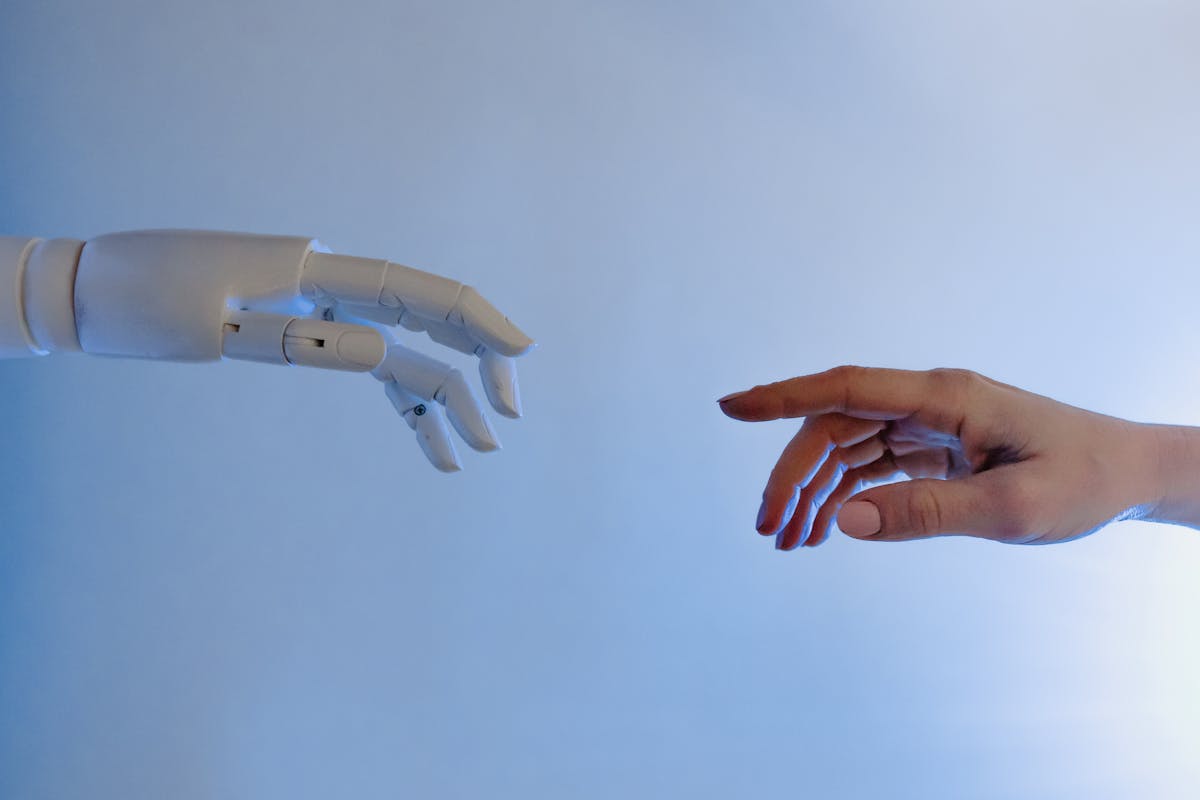The Future of AI in Software Development: Trends for 2024
Explore how artificial intelligence is revolutionizing the way we build software, from automated code generation to intelligent testing and deployment strategies.

The AI Revolution in Development
Artificial Intelligence is no longer a futuristic concept—it's actively reshaping how we approach software development today. From intelligent code completion to automated testing and deployment, AI tools are becoming indispensable for modern development teams.
As we move through 2024, several key trends are emerging that will define the next generation of software development practices. Let's explore these transformative technologies and their implications for developers and businesses alike.
Key AI Trends in 2024
- AI-powered code generation and completion tools
- Automated testing and quality assurance systems
- Intelligent project management and resource allocation
Code Generation and Completion
AI-powered code generation tools like GitHub Copilot, Amazon CodeWhisperer, and OpenAI Codex are transforming how developers write code. These tools can generate entire functions, suggest optimizations, and even help with debugging complex issues.
The impact goes beyond simple autocomplete—these systems understand context, coding patterns, and best practices, enabling developers to focus on higher-level problem-solving rather than boilerplate code creation.
Automated Testing and QA
AI is revolutionizing software testing by automatically generating test cases, identifying edge cases that human testers might miss, and predicting potential failure points before they occur in production.
Machine learning algorithms can analyze code changes and automatically determine which tests need to be run, significantly reducing testing time while improving coverage and reliability.
The Human-AI Collaboration
Rather than replacing developers, AI is augmenting human capabilities. The most successful development teams are those that learn to collaborate effectively with AI tools, using them to handle routine tasks while focusing human creativity on architecture, user experience, and complex problem-solving.
This shift requires new skills and mindsets. Developers need to become proficient at prompt engineering, understanding AI limitations, and knowing when to trust or verify AI-generated code.
Looking Ahead
As AI continues to evolve, we can expect even more sophisticated tools that understand business requirements, generate entire application architectures, and provide intelligent insights about performance optimization and security vulnerabilities.
The key to success in this AI-driven future is staying curious, continuously learning, and embracing these tools as powerful allies in creating better software faster.
Related Articles

Building Scalable Microservices with Modern Architecture
A comprehensive guide to designing microservices...
Read More
Machine Learning in Production: Best Practices
Real-world insights from deploying ML models...
Read MoreStay Updated
Get the latest insights on AI, software development, and technology trends delivered to your inbox.